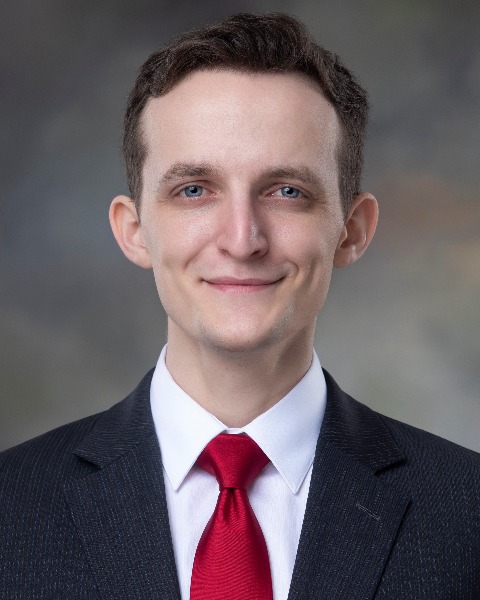
Jonathan M. Towne (he/him/his)
MD/PhD Candidate
Research Imaging Institute, UT Health San Antonio
Jonathan Towne is a 5th year MD/PhD candidate in the Medical Scientist Training Program at the University of Texas Health Science Center at San Antonio. Mr. Towne’s research interests include multimodal approaches to pre-operative mapping in epilepsy, computational methods development, and the structure-function relationship in neural networks. Previously, Mr. Towne received a bachelor’s degree in Neuroscience and Cognitive Sciences from Rice University (Houston, Texas), contributed to functional neurosurgery research in the Texas Medical Center, and completed an NIH-funded research fellowship in a surgical epilepsy lab at the University of Pittsburgh Medical Center. Currently, Mr. Towne is pursuing a PhD in Radiological Sciences, specializing in Neuroscience Imaging at the Research Imaging Institute (San Antonio, Texas) under the mentorship of Dr. Peter Fox. After completing his doctoral degrees, Mr. Towne plans to pursue residency training in neurosurgery and ultimately subspecialize in stereotactic and functional neurosurgery.
As a PhD candidate, Mr. Towne is combining artificial intelligence and cloud computing to develop neuroimaging biomarkers in support of pre-operative assessment and surgical planning in mesial temporal lobe epilepsy. Specifically, Mr. Towne is developing meta-analytic network models (e.g. graph theory, structural equation modeling, independent component analysis) for clinically relevant applications in primary patient data such as predicting seizure-onset laterality. For this work, Mr. Towne has received the Young Investigator Award from the American Epilepsy Society, recognitions from the Advanced Computational Neuroscience Network and the Texas Advanced Computing Center, as well as multiple institutional awards including support for his recent presentation at the 1st International Conference on Artificial Intelligence in Epilepsy and Neurological Disorders. In addition, Mr. Towne contributes to investigations of the mechanisms underlying long-COVID as well as translational research on image-guided robotically administered transcranial magnetic stimulation.
Poster(s):
-
Friday, April 21, 2023
